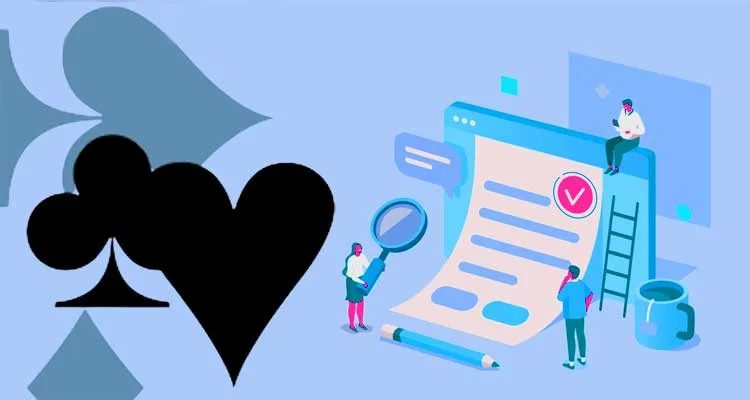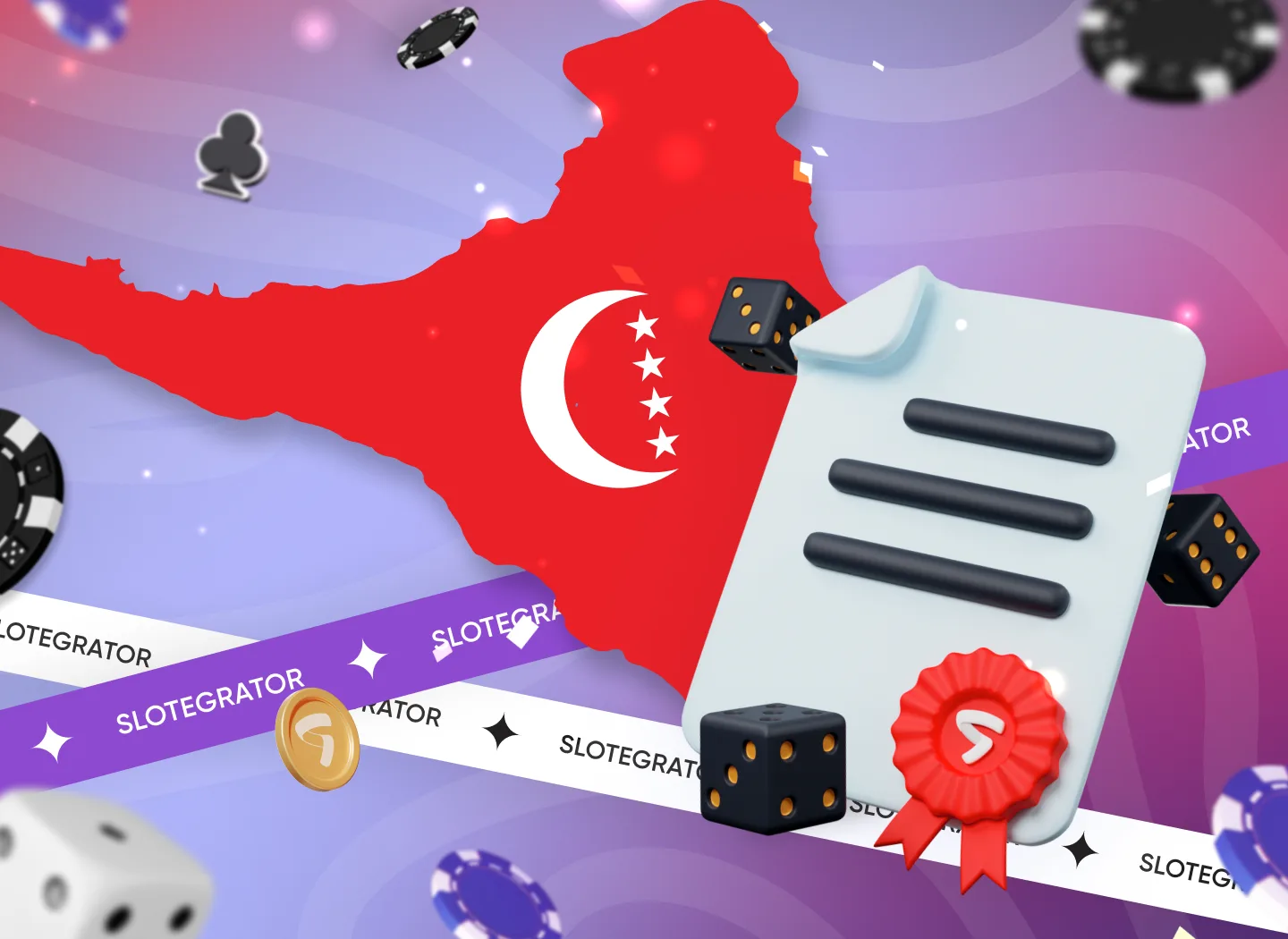Like most European countries, Belgium has its own and unique gambling traditions concerning both offline and online sectors. This country is one more example of internal orientation, so Belgium laws and certificates only focus on the local market. However, before entering the gambling market in this state, one has to know the specifics of Belgium gaming regulation, which will be the primary topic for this article.
Gambling traditions in Belgium
It may be hard to believe, but gaming traditions in Belgium take roots from the middle of the eighteenth century. On December 31, 1851, the Federal Act was announced, which gave all the rights in terms of lotteries to the Belgium National Lottery provider. Interestingly, such entertainment as a lottery is like an independent aspect of the comprehensive gaming legislation as it exists a bit aside from the other gambling regulations.
A new turn in the gaming industry was made in 1999 with the establishment of the Gaming Commission (Kansspelcommissie) and announcing the Gaming Act on May 7. This organization received broad rights, including advisory, license giving, and supervisory functions concerning Belgium’s gambling activity. However, as it was mentioned in the previous passage, the only gaming aspect that goes beyond its jurisdiction is the lottery.
A few other essential legislative steps were made in 2010 and 2011. The Gaming Act was reviewed, and several amendments were made, including the regulation of online gambling. Since that time, both online and offline gaming has been strictly regulated by the Gaming Commission (GC), despite the fact that further updates were also made. The most notable ones took place in 2019, forcing betting shops to deal with local communes tighter for some specific aspects of gaming facilities’ disposition.
It is also vital to mention that Belgium is focused on protecting its citizens and tries to implement all the needed measures for it. Thus, the local government adopted the European fourth Anti-Money Laundering Directive (recently, the EU has already presented the fifth edition), which aims to protect the players’ finances better and avoid terroristic influence.
The situation with gambling in Belgium in 2024
If a country is focused on the local market only, it usually leads to a rather specific licensing procedure, and Belgium is not an exclusion. As the latest gambling news shows the growth of online gaming share all over the world, the responsible organization has to be ready to meet all the modern requirements. The Gaming Commission is now the primary structure in the state in terms of gaming regulation. However, as it was mentioned above, lotteries are not a part of GC responsibilities.
Lotteries as a separate gaming element
This kind of gaming activity is controlled by the National Lottery Act, which takes roots from the 19th century. Even though the only legal provider is National Lottery, laws allow lottery organizing for the following purposes:
- Charity
- Religion
- Industry promotion
- Help for Art
- General public interest
Another unusual aspect is that the National Lottery cannot define which game of chance can be publicly offered as this is the authority of the royal decree. Nevertheless, all the modern financial principles and commercial practices should be adhered to before announcing any new lottery.
Belgian Gaming Commission as the major gambling regulator in the country
Except for lotteries, all the other gambling activity is now regulated by the Gaming Commission. This organization was established in 1999 and took three primary functions:
- License providing
The GC is the only governmental structure that can give or terminate gaming licenses in Belgium. The state has a rather specific licensing approach, where certificate types are divided in accordance with different factors (it is described in more detail below). The list of firms holding one of the permission types is the Gaming Commission’s authority. The application process is also under its control and described on its official website.
- Supervisory
The GC has to control the situation with both offline and online casinos or betting firms. As the licenses are of different types and terms, this organization has to check the certificate’s validity and provide the acceptable procedure for renewal if needed. Also, the Gaming Commission is the primary organization that seeks laws violation and suggests punishment. For illegal online casinos or bookmakers, the GC usually recommends blocking the offenders’ websites by DNS for Belgium internet providers. At the same time, they create a blacklist with the violator’s further inability to receive an official license for a fixed period.
- Advisory
This item was partially described in the previous passage. However, the Gaming Commission can suggest the punishment not only for a particular offender but also in general. For instance, they can recommend the government to pass a law that will block all financial transactions related to the offensive IP-address or measures alike. In some sense, the GC is the specific authority in the gambling industry that can influence Belgium’s legislation.
Types of Gambling License in Belgium
As the country has a long history of gaming activity, they developed their own approach to licensing and its types. Compared to other legislation systems that control gambling in Europe, some of the Belgian certificates may seem a bit weird. However, that is the outcome of the long-lasting gambling traditions and activity of the Gaming Commission. According to the GC, there are seven general types of gaming certificates, while some of them are divided into subgroups.
License A, A+
This type of permission regulates the existence of land-based (type A) and online (type A+) casinos. Both licenses are valid during the 15 years term. Interestingly, there is a limitation in the number of offline providers, which should be no more than nine. Moreover, all those land-based gaming centers are located in different cities, which creates local monopolies to some extent.
Luckily, type A+ licenses are not limited in its overall number, and everyone who is 21+ years old can try to gain this permission. This kind of certification allows offering online casino games in Belgium and present legal advertising campaigns. However, one has to understand that both offline and online slot machines belong to other categories of certificates.
License B, B+
Two kinds of licenses regulate offline and online slot machines and game of chance offerings on the Belgium market. Compared to the type A permissions, this group is presented by a much more significant number of certificate-holders, where all the big cities have more than ten slot machine providers.
The additional allowance list is not so big because there is no need to open an online game of chance portal in every city separately. It leads to only 28 registered websites that applied for type B+ certificate and received permission. All of them have Belgium Internet domains; this fact one more time confirms that the GC is aimed at supporting and protecting local citizens and compels providers to accept their rules.
License C
That is a rather specific type of certificate, which gives additional permission for drinking establishments. Type C license allows the cafe owner to set a maximum of two machines that are using a game of chance algorithms. Such slot games devices should be equipped with the strict age control function; usually, it’s the need to insert the person’s ID card to confirm that the individual is 18+ before he or she begins playing.
Amid the specifics related to this type of permission, there is a comparatively short term of its validity, which is only five years. Also, the cafe owner can terminate this kind of cooperation by filling the form on the GC website and sending a few documents in addition. According to the official list of type C users, hundreds of cafes received this license, which means that it is not the most challenging niche to enter Belgium gambling market.
License D
One more unique certificate, which is actually, the permission for an individual to be part of the staff of the first, second, and fourth class of gambling facilities. It can be gained after the e-learning process and allows one to work in a gaming establishment for five years. After this term expires, an individual has to renew this license.
To receive this type of permission, a person needs two things: two passport photos and a good conduct certificate. Those documents should be sent three months before the needed receiving date. If the business owner wants to open a land-based casino in Belgium, he or she has to remember this element as it will facilitate the opening of the gambling facility.
License E
Another kind of permission that helps to regulate the citation in the gambling industry. This type of certificate allows producing, installing, and providing maintenance of the slot machines in Belgium. What is interesting, this license can be obtained by both individuals and firms, while the requirements to its receiving slightly differ.
As the period of license E validity is ten years, the GC recommends to request its continuation about six months before the expiration date. There is a row of financial requirements to obtaining this certificate, where tens of thousands of euros of guarantee deposits are needed before starting the work. Another obligatory element is the absence of any relations with other licenses’ type holders in order to avoid any common interests of the sides.
License F1, F1+, F2
The situation with the bookmaking activity regulation may seem a bit weird as there are three types of certificates. F1 is a specific permission that allows organizing events that may be used for betting, something like horse racing. However, no one can offer offline bets without an F2 license, while wagering online is possible for only F1+ holders.
There are only 35 F1 license owners, and this number cannot be bigger, while suchlike licenses are valid for nine years. The list of F2 certificate holders is divided into a few groups, where betting offices, book shops, associations of active racecourses, and simply bookmakers are highlighted by the GC. The number of F1+ license-holders is 23, but it can vary as this type of certificate is given only for a three-year period and can be renewed.
License G1, G2
The last type of gaming certificates that are related to the mass media. The license G1 holder can attract players via phone-in connection and suggest a game of chance with some stake and possibility to win. G2 type of permission also deals with media sources but excludes phone-in contact. When using a telephone for playing, the prize pool exists only if the price exceeds standard tariffs for a message or a one-minute call.
Both G1 and G2 licenses can be given for the unlimited number of contenders that meet all the needed requirements. However, G1 permission is given for five years, while G2 only for a single year with the possibility to apply again. The media source that takes part in these kinds of gambling activities should be registered in the EU.
Lotteries as a specific licensing type
Lotteries as gaming entertainment exist in Belgium in a rather unusual way. Thus, the GC doesn’t control this type of gambling as it is regulated by two documents: the Act of April 19, 2002, and the Act of December 31, 1851. The last one made the Belgium National Lottery a monopolist on the internal market.
In general, those acts allow choosing the winner from a variety of pretenders only if such a lottery has charity intentions. For instance, charitable or faith-based works, lotteries that promote art or industries are allowed without licenses. However, other types of game of chance activity that includes numerous applicants at the same time are forbidden.
Cost of Belgium Gambling Licenses
The situation with taxes, fees, and other mandatory levies is somewhat weird in Belgium. The country is divided into three regions (Flanders, Wallonia, and Brussels provinces) that can set taxes in the gambling sphere according to their local rules and regulations. It means that the Gaming Commission’s influence on the issue of taxes is minimal, and the only direction that can be strictly controlled is online gambling. Thus, taxes on online gambling and betting are set on the level of 11% of the gross margin. The GC defined an obligatory warranty deposit for those who want an online casino or betting firm depending on the type of license:
- For A+ license €250 000
- For B+ certificate €75 000
- For F+ permission €10 000
The offline gambling taxation system in regions varies according to the type of gambling activity. Thus, the taxation on betting is set to approximately 15%, but depending on the province and kind of event. Therefore, it could be 15% from the gross margin or 15% of all stakes’ gross amount.
For casino gaming, taxes are set by every province individually. Not to confuse the reader with countless numbers and nuances, casino taxes are presented in the table below.
| Flanders | Wallonia | Brussels | |
| Baccarat | 5.3% on winnings | 4.8% on winnings | 4.8% on winnings |
| Roulette | 3% on winnings | 2.75% on winnings | 2.75% on winnings |
| Other casino games | 33% on the gross gaming revenue, and an additional 4% if the gross gaming revenue is bigger than €865 000 | 33% on the gross gaming revenue lower than €1.36 million, and 44% if the gross gaming revenue is bigger than €1.36 million | 33% on the gross gaming revenue lower than €865 000, and 44% if the gross gaming revenue is bigger than €865 000 |
Gambling in Belgium: what does the GC make to protect players?
The Gambling Commission declares players protection as one of the primary goals. Among the primary directions are financial protection and addiction prevention.
The first target is achieved via the vast range of possibilities the GC has in Belgium. The primary problem now is the online sector, which is much harder to control compared to offline gambling facilities. As mentioned above, the Gaming Commission provides all types of regulatory functions, allowing them to:
- ban illegal and unreliable websites;
- protect financial operations (AMLD5 in action for licensed casinos and bookmakers);
- set gambling limits (which is also a part of addiction prevention).
Like most European countries, Belgium is focused on preventing a gambling addiction among its citizens. To accomplish this task, the GC:
- controls the advertising campaigns of gambling operators;
- compels gambling providers to set mandatory warning information both in offline and online sectors;
- gives a possibility for players to pass free tests and receive free help;
- organizes national promotions companies against gambling addiction;
- set strict stake limits both for online and offline gaming;
- informs players how to avoid gambling addiction in various ways.
Read more: Top Gambling Affiliate Programs












